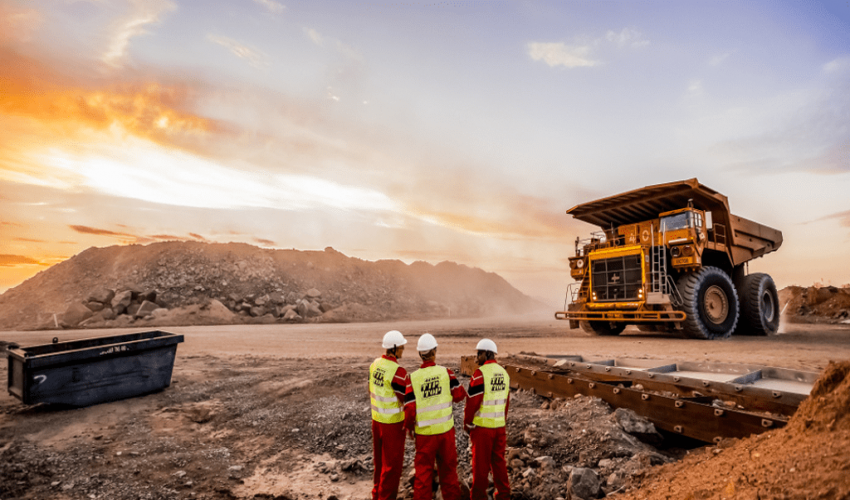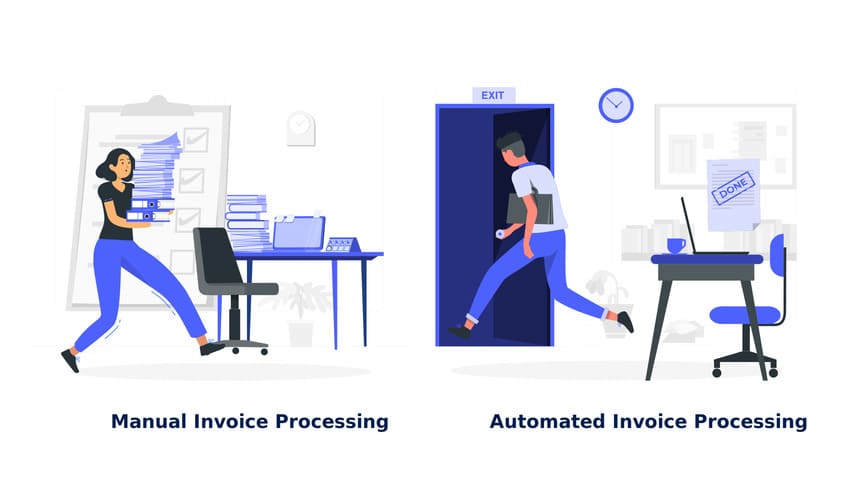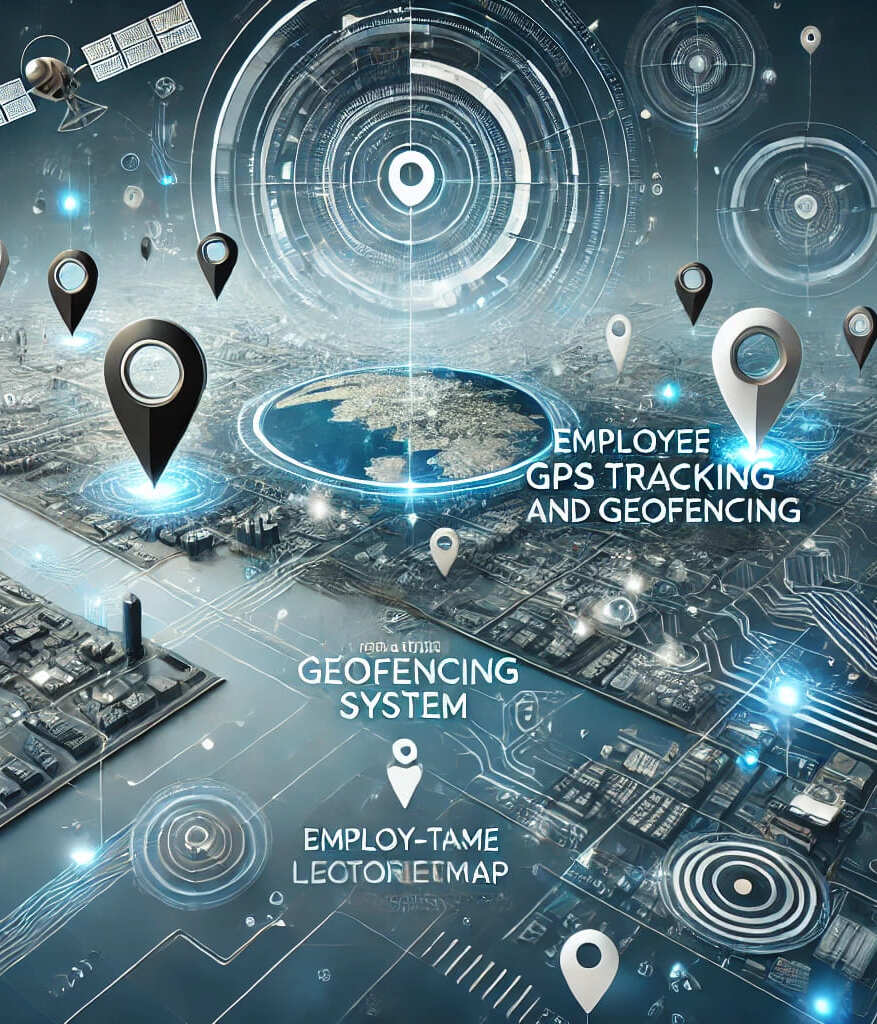
Mining Engineering
Mining in the engineering discipline is the extraction of
minerals from underneath, above or on the ground. Mining engineering is
associated with many other disciplines, such as mineral processing,
exploration, excavation, geology, and metallurgy, geotechnical engineering and
surveying. A mining engineer may manage any phase of mining operations ,from
exploration and discovery of the mineral resources, through feasibility study,
mine design, development of plans, production and operations to mine closure.
With the process of Mineral extraction, some amount of waste
and uneconomic material are generated which are the primary source of pollution
in the vicinity of mines. Mining activities by their nature cause a disturbance
of the natural environment in and around which the minerals are located. Mining
engineers must therefore be concerned not only with the production and
processing of mineral commodities, but also with the mitigation of damage to
the environment both during and after mining as a result of the change in the
mining area. Such Industries go through stringent laws to control the pollution
and damage caused to the environment and are periodically governed by the
concerned departments.
Mining is the extraction of valuable minerals or other
geological materials from the Earth, usually from an ore body, lode, vein,
seam, reef or placer deposit. These deposits form a mineralized package that is
of economic interest to the miner.
Ores recovered by mining include metals, coal, oil shale,
gemstones, limestone, chalk, dimension stone, rock salt, potash, gravel, and
clay. Mining is required to obtain any material that cannot be grown through
agricultural processes, or feasibly created artificially in a laboratory or
factory. Mining in a wider sense includes extraction of any non-renewable
resource such as petroleum, natural gas, or even water.
Mining of stones and metal has been a human activity since
pre-historic times. Modern mining processes involve prospecting for ore bodies,
analysis of the profit potential of a proposed mine, extraction of the desired
materials, and final reclamation of the land after the mine is closed
Mining operations usually create a negative environmental impact, both during the mining activity and after the mine has closed. Hence, most of the world's nations have passed regulations to decrease the impact. Work safety has long been a concern as well, and modern practices have significantly improved safety in mines.
- Surveying and Map Preparation
- Underground Mine Environment
- Mining Geology
- Numerical Methods
- Fluid Mechanics
- Strength of Material
- Mining Machinery
- Rock Mechanics
- Mine Development
- Ground Control
- Surface Mining
- Mineral Processing
- Underground Coal Mining
- Environmental Management in Surface Mines
- Computer Applications in Mining
- Mineral Deposits
- Elective - Humanities
- Mining Survey
- Exploration and Field Mapping
- Mine Management
- Mine Planning
- Industrial Training
- Underground Metalliferous Mining
- Mine Economics
- Mine Disaster
- Applied Geo-mechanics
- Mine Legislation
- Mineral and Natural Resource Law
Recent Published
Submit Manuscript
To give your manuscript the best chance of publication, follow these policies and formatting guidelines.


